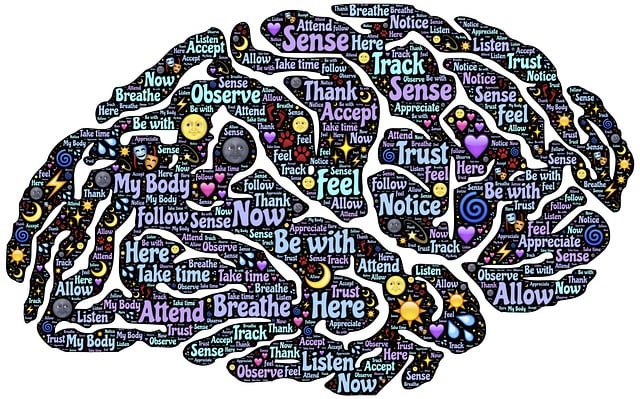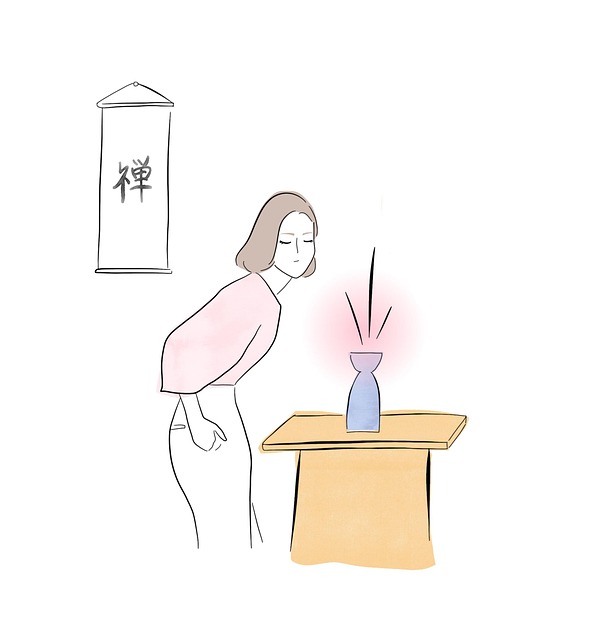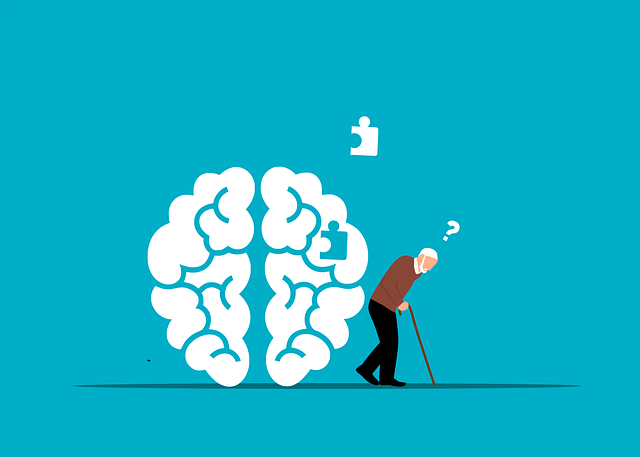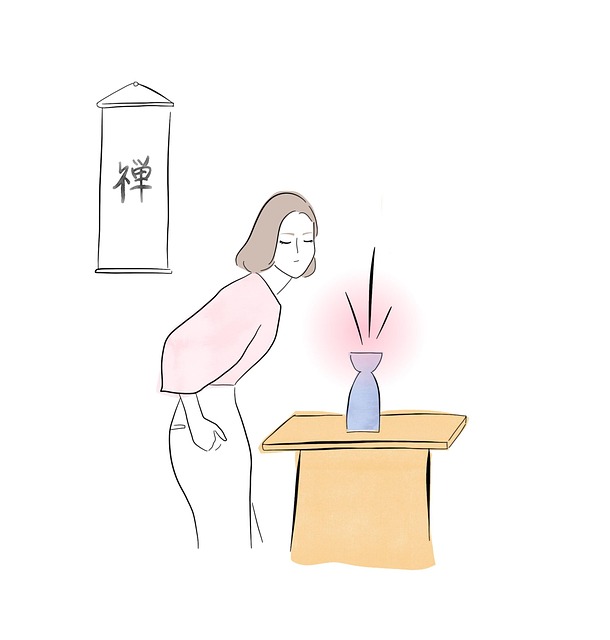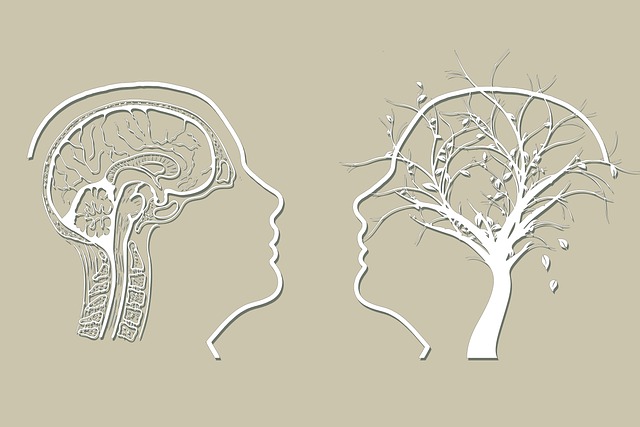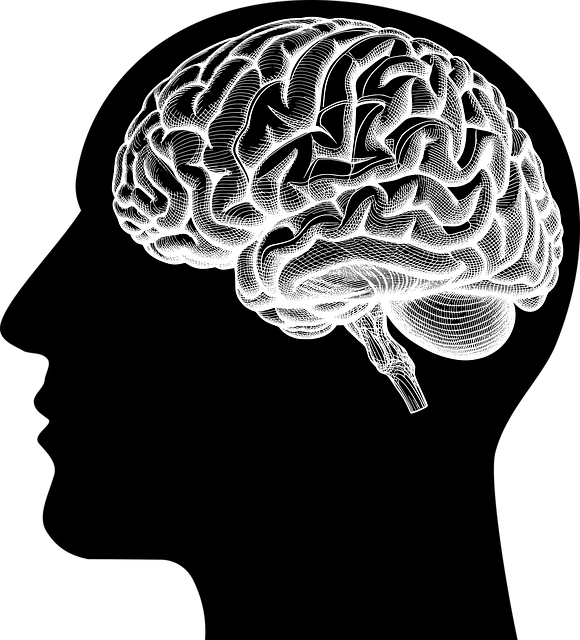Englewood Stress Management Therapy promotes mindfulness meditation as a powerful tool for stress management and mental wellness. By creating a serene environment, practicing mindful breathing, and exploring various meditation techniques, individuals can observe and manage thoughts and emotions effectively. Incorporating mindfulness into daily routines enhances emotional regulation, social skills, and self-connection, while also cultivating resilience to life's challenges. Through guided practices and community outreach, Englewood Stress Management Therapy aims to share the benefits of mindfulness widely, fostering collective well-being.
“Unwind and embrace a healthier mind with our comprehensive guide to mindfulness meditation, a powerful tool in the realm of Englewood Stress Management Therapy. This practice, rooted in ancient techniques, offers a modern solution for navigating life’s challenges. Through this article, we’ll explore how mindfulness can transform your stress management journey, from setting a calming environment for therapy sessions to integrating mindful moments into your daily routine.”
- Understanding Mindfulness Meditation: A Foundation for Stress Management
- Setting the Stage: Preparing for Your Englewood Stress Management Therapy Session
- Techniques and Practices: Navigating the Path of Mindful Meditation
- Incorporating Mindfulness into Daily Life: Sustaining Stress Relief Beyond Therapy Sessions
Understanding Mindfulness Meditation: A Foundation for Stress Management

Mindfulness meditation is a powerful tool that has gained immense popularity in recent years due to its profound impact on stress management and overall mental wellness. At Englewood Stress Management Therapy, we often emphasize that understanding this practice forms a strong foundation for individuals seeking to navigate life’s challenges with greater ease. It involves bringing your attention to the present moment without judgment, allowing you to observe your thoughts and emotions as they arise. This simple yet profound act of awareness can significantly reduce stress levels and enhance overall well-being.
By incorporating mindfulness meditation into your daily routine, whether it’s through dedicated practice or integrated into activities like journaling or self-care rituals, you cultivate a deeper connection with yourself. This mental wellness journey encourages individuals to develop a more thoughtful and conscious approach to life, fostering better emotional regulation and improved social skills through heightened awareness. It is an accessible and effective strategy for anyone looking to enhance their mental health and navigate the complexities of daily life with resilience.
Setting the Stage: Preparing for Your Englewood Stress Management Therapy Session

Before diving into your Englewood Stress Management Therapy session, creating a calm and welcoming environment is key. Start by choosing a quiet space where you won’t be disturbed; this could be a corner of your home or even a peaceful park bench. Ensure the area is comfortable and free from any potential distractions. Light some candles, play soothing music, or use essential oils to create an ambiance that invites relaxation and mindfulness.
Take a few moments to focus on your breath, allowing it to become the anchor for your practice. This simple act of paying attention to your breath is a powerful tool in building inner strength and developing empathy towards yourself. By practicing this mindful preparation, you’re not just readying yourself for therapy; you’re also cultivating strategies to prevent burnout and nurturing the space where deeper connections with your emotions can flourish.
Techniques and Practices: Navigating the Path of Mindful Meditation

Mindful meditation involves techniques that cultivate present-moment awareness and non-judgmental observation. Beginners often start with focused breathing exercises, where attention is directed to the sensation of air flowing in and out. This simple practice helps to anchor the mind in the here and now, calming restless thoughts. As proficiency grows, individuals can explore body scan meditations, allowing them to become aware of physical sensations from head to toe without attachment or reaction.
Englewood Stress Management Therapy offers a range of guidance for navigating these practices. Communication strategies are essential for connecting with oneself and others during meditation. Crisis intervention techniques can help manage intense emotions that may arise. Moreover, community outreach program implementation provides opportunities to share the benefits of mindfulness with a wider audience, fostering collective well-being.
Incorporating Mindfulness into Daily Life: Sustaining Stress Relief Beyond Therapy Sessions

Incorporating mindfulness into your daily routine is a powerful way to sustain stress relief beyond therapy sessions. Englewood Stress Management Therapy encourages clients to view mindfulness as a tool for self-care rather than just a practice during formal meditation. Simple techniques, such as focusing on breath or engaging senses during everyday activities, can significantly reduce anxiety and promote mental clarity. By integrating these practices into your morning routine or using them as pause moments throughout the day, you build resilience against stressors.
Mindfulness becomes an accessible stress reduction method when it’s seamlessly woven into daily life. This approach allows individuals to develop effective conflict resolution techniques and enhance their overall well-being. Through consistent practice, one can cultivate a sense of calm and balance, making it easier to navigate challenging situations with greater composure and clarity. Englewood Stress Management Therapy emphasizes that by making mindfulness a habit, individuals can achieve lasting benefits that extend far beyond the therapy room.
Mindfulness meditation, as demonstrated through Englewood Stress Management Therapy techniques, offers a powerful tool for navigating life’s challenges. By consistently incorporating these practices into daily routines, individuals can experience lasting stress relief and improved mental well-being. Remember that mindfulness is a skill that develops over time; regular engagement with these strategies will foster a deeper connection to the present moment, enhancing overall resilience and quality of life.
